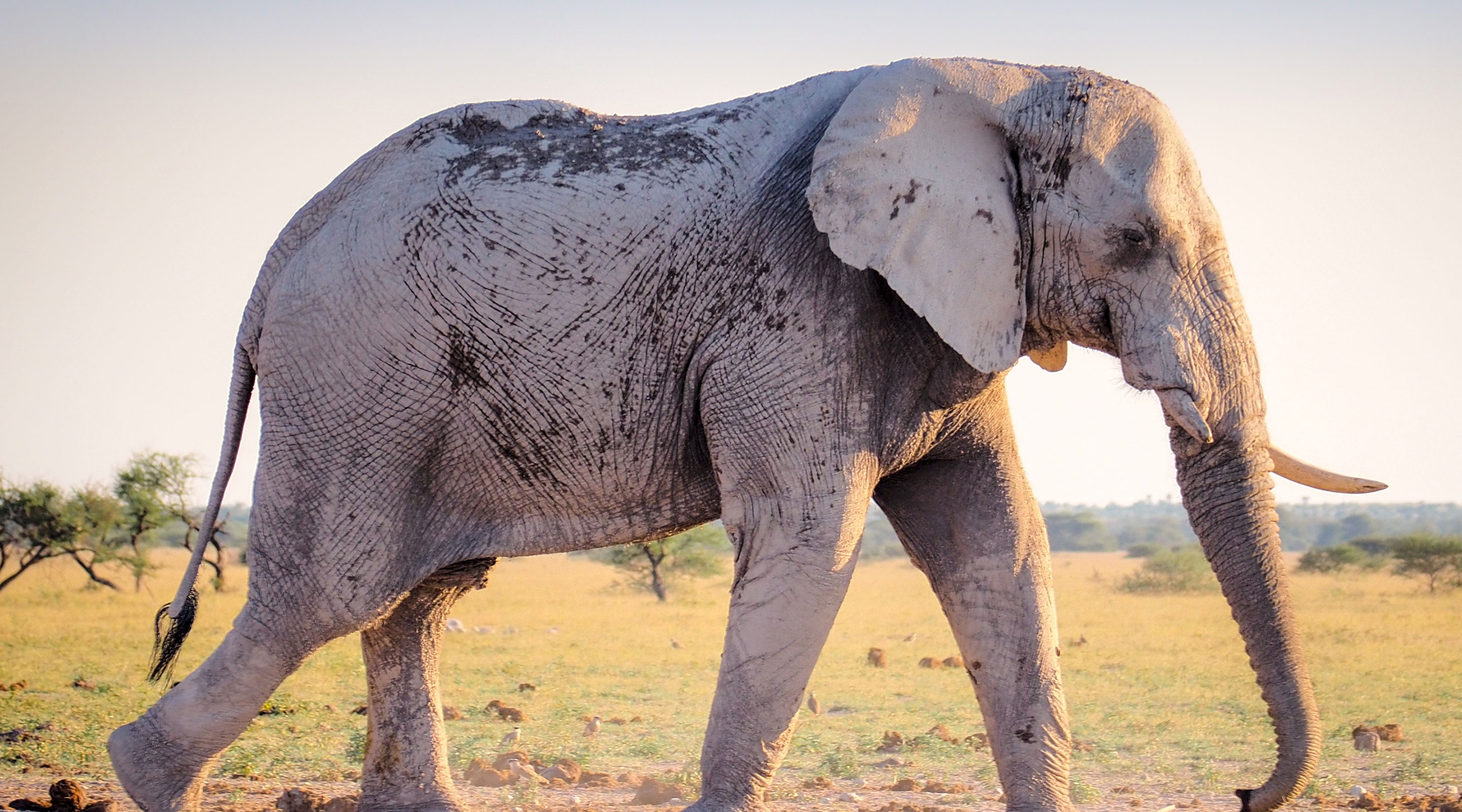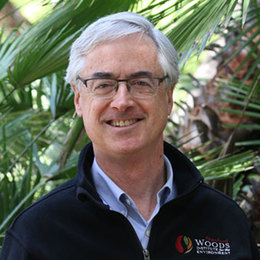Protect the world’s land, oceans, and wildlife
Imagine if...
Imagine if...

Jim Leape is a leader in philanthropy focused on conservation. Jim has identified several best-in-class organizations pursuing effective strategies to protect the world’s land, oceans, and wildlife.
Humanity is putting immense pressure on the Earth’s resources, taking far more than the planet can in fact sustain. WWF’s Living Planet Report 2016 estimates that we are exceeding the Earth’s capacity by more than 60% – living as if we had 1.6 planets to support us. The CO2 produced by our reliance on fossil fuels is changing the climate, and...
Raise awareness
70% of deforestation in the tropics is driven by commercial agriculture, in particular for major global commodities – beef, soy, palm oil, pulp, and paper. Major companies in those sectors have committed to ending deforestation in their supply chains, and have joined forces with governments and NGOs in the Tropical Forest Alliance to deliver on that commitment. There has been some important progress – From 2005-2013, Brazil reduced the rate of deforestation in the Amazon by more than 70%, through a combination of strong laws, robust enforcement, and cutting edge satellite-monitoring; reinforced by corporate commitments to buy only “deforestation-free” beef and soy. In the last few years, however, deforestation rates in the Amazon have begun to rise again; and they are high in other parts of Brazil and neighboring countries. So redoubled efforts with national and state governments, and with the private sector, are crucial.

WWF is doing exciting work to harness global markets to help end deforestation in tropical forests. They have been a leader in establishing global certification regimes, such as FSC for wood products and RSPO for palm oil. They also were the first to recognize that for each of the most important commodities driving biodiversity loss there were a relative handful of companies that controlled most of the global trade. WWF has systematically engaged those companies to enlist them in driving more sustainable practices in their supply chains including, in particular, controlling deforestation.

EII has been a pioneer in working with Brazilian NGOs and state governments to reduce deforestation in the Amazon. In particular, they have focused on strategies to combine agricultural production with strong forest protection in a viable economic proposition.
In 2006, the governments of Micronesia joined together in a commitment to protect at least 30% of their near-shore marine resources, and 20% of their lands. The Nature Conservancy (TNC), has played an important role in supporting the implementation of this commitment. Spanning 6.7 million square kilometers, the Micronesia Challenge represents more than 5 percent of the Pacific Ocean and 61 percent of the world’s coral species. It includes 66 threatened species, more than 1,300 species of reef fish, 85 species of birds and 1,400 species of plants — 200 of which are found only in Micronesia. The Challenge brings together more than 2,000 isolated islands, separated into five political jurisdictions, inhabited by nearly 500,000 people speaking 12 different languages — all working towards the same set of goals.
The much larger countries of Indonesia and the Philippines host vast coral reefs, and hundreds of millions of people. In a program called Fish Forever, RARE is working with fishing communities in those countries to help them find ways to sustain the reefs that are the foundation for their economies and their food security. RARE has a long track record of supporting communities in “Pride Campaigns” to conserve their natural resources. Their work in Indonesia and the Philippines brings those tools to bear on the protection of coral reefs and other coastal ecosystems.
WCS works with partners in Africa to protect elephant populations on the ground, and to secure the habitat they need, while finding creative ways to reduce conflicts between elephants and human populations. WCS is also an influential actor in the international effort to stop the illegal trade in wildlife, working with the Convention on International Trade in Endangered Species (CITES), and mobilizing public and government support for action.

WildAid has been a pioneer in enlisting celebrities and media in public campaigns to end trade in endangered species, with a particular focus on changing consumer attitudes in key markets. Working with Chinese celebrities like Yao Ming and Jackie Chan, they had great success in curbing demand for shark fin. They have now brought those partners and many others to the cause of reducing demand for ivory (where China is the most important market), and rhino horn (where Vietnam plays a central role).
In addition to being the William and Eva Price Senior Fellow at Woods, Jim is co-director of the Center for Ocean Solutions. Through research, writing and direct engagement with private and public sector leaders, Jim is looking at how to drive large-scale systemic shifts to sustainability, with particular interest in expanding private sector...

Stage 1
Become a founding donor
Stage 2
Help build support
Stage 3
Join the final push
 SDG 10 - Reduced Inequalities
SDG 10 - Reduced Inequalities SDG 15 - Life on Land
SDG 15 - Life on Land SDG 3 - Good Health and Wellbeing
SDG 3 - Good Health and Wellbeing SDG 8 - Decent Work and Economic Growth
SDG 8 - Decent Work and Economic Growth SDG 9 - Industry, Innovation, and Infrastructure
SDG 9 - Industry, Innovation, and Infrastructure SDG 11 - Sustainable Cities and Communities
SDG 11 - Sustainable Cities and Communities SDG 17 - Partnership for the Goals
SDG 17 - Partnership for the Goals Climate
Climate SDG 16 - Peace, Justice, and Strong Institutions
SDG 16 - Peace, Justice, and Strong Institutions SDG 5 - Gender Equality
SDG 5 - Gender Equality SDG 1 - No More Poverty
SDG 1 - No More Poverty SDG 6 - Clean Water and Sanitation
SDG 6 - Clean Water and Sanitation SDG 4 - Quality Education
SDG 4 - Quality Education SDG 2 - Zero Hunger
SDG 2 - Zero Hunger Bay Area Poverty
Bay Area Poverty SDG 13 - Climate Action
SDG 13 - Climate Action SDG 7 - Affordable and Clean Energy
SDG 7 - Affordable and Clean Energy SDG 12 - Responsible Consumption and Production
SDG 12 - Responsible Consumption and Production SDG 14 - Life Below Water
SDG 14 - Life Below Water New York Poverty
New York Poverty U.S. Education
U.S. Education Global Poverty
Global Poverty